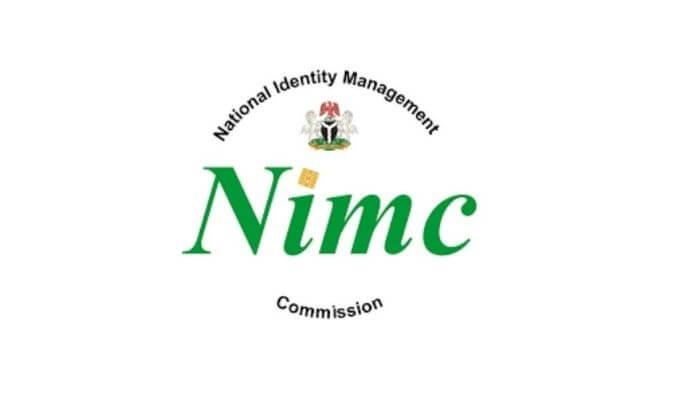
The National Identity Management Commission (NIMC) has uncovered over 6,000 Nigeriens registered in its database with the National Identification Number (NIN). This revelation comes as President Bola Tinubu directs an inter-ministerial committee to ensure the accuracy and comprehensiveness of data in the National Social Register, a key tool for the Federal Government’s social investment programmes.
NIMC’s Database Clean-Up Underway
Sources within the Presidency disclosed that the Minister of Interior, Olubunmi Tunji-Ojo, briefed the Federal Executive Council (FEC) on Tuesday, February 4, 2025, about NIMC’s ongoing efforts to sanitize its database. The minister affirmed that the NINs of illegally registered foreigners had been withdrawn as part of the ongoing clean-up initiative.
Illegal NIN Registrations and Security Concerns
In a prior operation on October 13, 2022, the Defence Headquarters in Abuja reported that troops, in collaboration with the Nigeria Police and the Nigeria Immigration Service, intercepted two suspected fake NIMC officials. According to Maj.-Gen. Musa Danmadami, then Director of Defence Media Operations, these suspects had visited the Gagamari IDP camp in Niger Republic to register non-Nigerians in the camp.
Recovered items included a NIN registration machine, a printing machine, a laminating machine, a computer tracking device, and a generator. Reports indicate that these fraudulent agents charged non-Nigerians, especially from neighboring countries, to obtain NINs, heightening security risks.
Enhancing the National Social Register for Transparency
The NIMC assigns NINs to citizens and legal residents, serving as a unique identifier linked to biometric and demographic data. President Tinubu has emphasized the need for a clean database to ensure that social intervention funds—such as conditional cash transfers and student loans—reach only eligible Nigerians.
A source within the Presidency stated, “The Minister of Interior confirmed that over 6,000 people from Niger Republic had obtained NINs, but they have now been wiped from the database. The humanitarian ministry needs accurate data for its social register, while the education ministry requires it for student loan disbursements. The President insists on proper verification to ensure accountability.”
Following the briefing, the President instructed the National Security Adviser and the Minister of Interior to join an existing panel supervising the humanitarian ministry’s activities. This move aligns with the broader government efforts to restructure the National Social Investment Programme (NSIP).
Strengthening Governance and Digital Identity Management
In response to these developments, NIMC Director-General Bisoye Coker-Odusote affirmed that the agency is committed to ensuring transparency in government disbursements. Speaking in a phone interview, she explained that the NIN would play a crucial role in verifying beneficiaries and eliminating fraudulent claims.
“This initiative ensures that those receiving payments are not ghost beneficiaries but real, identifiable people. Using verifiable records enhances transparency and prevents fictitious names from being added to the National Social Register,” Coker-Odusote stated.
She also clarified recent concerns regarding SIM-NIN linkage, noting that the issue originated from telecom operators and has since been rectified.
Security Experts Weigh In
Security analysts argue that the presence of undocumented foreigners with NINs is not a new issue and stress the need for stronger border control measures. Brig. Gen. Aliyu Momoh (retd.) remarked, “Our porous borders remain a challenge. You cannot enter Chad or Cameroon without documentation, yet many non-Nigerians move freely within Nigeria. Addressing this issue requires strong political will.”
While challenges persist, the Tinubu administration’s efforts to strengthen digital identity management and enhance national security mark a significant step toward accountability and effective governance.
